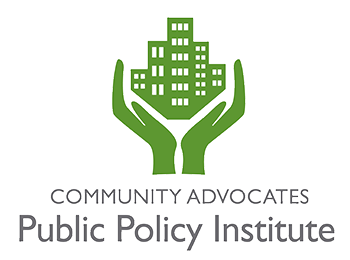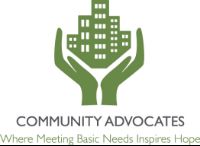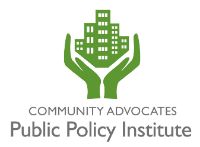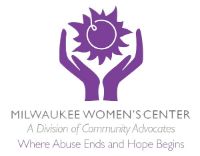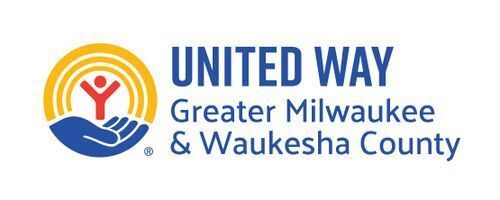
There’s always much to learn from experts and peers in the prevention field, especially when our lives have changed so dramatically in the past year and new substance use trends have emerged. In mid-July, some of Community Advocates Public Policy Institute’s prevention coalition coordinators attended the virtual version of Community Anti-Drug Coalitions of America’s (CADCA) Mid-Year Training Institute. Here are the highlights of our team’s experience:
Alexandria Kohn, MCSAP Coordinator: I appreciate and enjoy attending CADCA conferences. I feel both times I have attended, my knowledge on trending substance use and misuse has grown, and I gain a lot of tips on how to effectively grow MCSAP in many capacities such as projects, members, and impact in the county.
One thing I learned from CADCA mid-year (out of many) is the new Benadryl challenge on TikTok; this encourages those on TikTok (mainly youth) to take large doses of the antihistamine to induce hallucinations. This challenge has been very harmful and even has caused a handful of deaths. Since the start of the challenge, Johnson & Johnson has posted a warning about the challenge, and TikTok has been removing posts on the challenge. But the most significant point of this session was how we can protect and prevent our young people from engaging in these virtual challenges and understanding the influence social media has on people.
Charlie Leonard, City of Milwaukee Tobacco-Free Alliance Coordinator: It was my first time attending CADCA mid-year and even in a virtual setting, it was captivating and I learned so much. Longer sessions allowed for more in-depth presentations and trainings than other conferences I’ve attended. I was able to attend a session by the Guam Behavioral Health and Wellness Center that explained their process of passing Tobacco 21 and the tools they used to correct misinformation and misperceptions among stakeholders and lawmakers by empowering youth.
Another great panel was “Effectively Reaching and Supporting LGBTQ+ Community Members in Prevention Work.” It provided information and perspectives from a variety of aspects of public health and prevention work including personal stories about supporting LGBTQ+ family members and the positive impacts of supportive relationships on substance use and mental health. The presenters throughout the conference were engaging and did a great job sharing their work and passion with attendees.
Hannah Lepper, Alliance for Wisconsin Youth Southeast Region Coordinator: The session I found most interesting was one that discussed the increase in opioid-related deaths during the COVID-19 pandemic. The presenters shared the results of a study in both urban and rural communities, and how communities that provided medication assisted treatment (MAT) in combination with the dissemination of Naloxone saw as high as a 40% decrease in overdose deaths. It was interesting to learn about a different part of the prevention continuum and how beneficial MAT is. That was just one session, but I was able to learn so much from the sessions, the best part about this virtual event is the ability to go back at a later time and watch sessions we couldn't attend!
If you missed CADCA’s Mid-Year Training Institute, don’t worry. You can still register to watch more than 100 presentations at your convenience. Click here to sign up.
